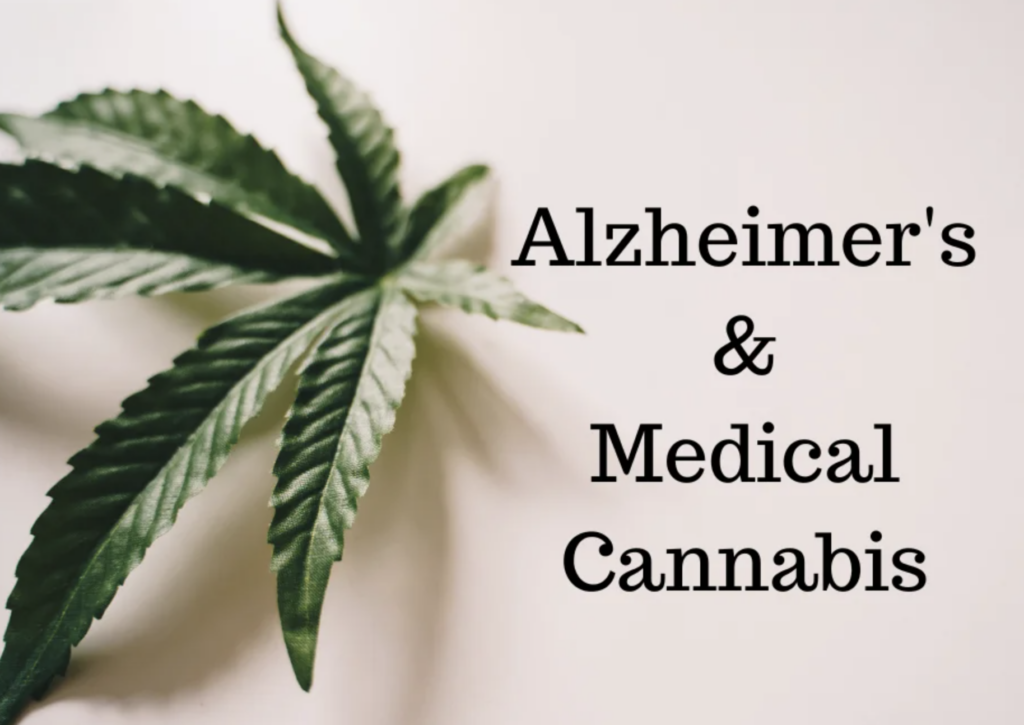
Medical cannabis is just that, medical. Cannabis has been used for centuries by cultures around the globe for its therapeutic benefits. It wasn’t until the turn of the 20th century that politicians started restricting access to this plant and criminalizing those caught utilizing or possessing it.
Today medical cannabis is being embraced by patients and consumers as legalization has started to take place in more states and countries around the world. Patients are turning to medical cannabis for a wide range of conditions, ailments, and diseases. Despite politicians claiming that more research is needed to deem cannabis’s efficiency as a medicine, there is significant research proving cannabis is an effective treatment option for dozens of various disease sets.
In previous articles, we have discussed how medical cannabis may be beneficial for conditions such as anxiety, fibromyalgia, multiple sclerosis, IBS, sleep disorders, sickle cell anemia, ulcerative colitis, and others. In this article, we are going to focus on how medical cannabis may be beneficial for Alzheimer’s.
What Is Alzheimer’s?
Alzheimer’s is the most common cause of dementia, according to the Alzheimer’s Association. Dementia is a general term that encapsulates the loss of memory difficulties with concentration, certain behavioral characteristics, and other cognitive abilities that interfere with daily life. It is estimated that Alzheimer’s disease is the underlying cause of roughly 60 to 80% of dementia cases.
Alzheimer’s is typically diagnosed around the age of 65. It is a progressive disease in which the symptoms worsen over time. While some Alzheimer’s patients can live as long as 20 years past diagnosis, the average lifespan is only 4 to 8 years for most patients after they are diagnosed.
Alzheimer’s disease is characterized by three main aspects within the brain. These include the buildup of amyloid-ß (Aß) plaques, neurofibrillary tangles inside of brain cells, and the activation of microglia, which are support cells in the brain. The accumulation of high levels of free radicals has also been shown to be a common pathological feature of Alzheimer’s disease in the brain.
These accumulations of free radicals are a result of the amyloid-ß (Aß) plaques and neurofibrillary tangles, which cause brain inflammation which in return increases free radicals, which are thought to be responsible for the worsening of the disease as well as its progression. This, in return, causes the brain to release a chemical from the microglia known as glutamate, and when glutamate levels become elevated to toxic proportions, it kills neurons in the brain that act as primary signaling brain cells hence the impairments in cognitive function and memory that are key characteristics of Alzheimer’s disease.
Symptoms
Anxiety
Depression
Agitation
Mood Changes
Confusion
Memory Loss
Disorientation
Difficulty Speaking
Unfound Suspicions About Those Close to Them
Behavioral Changes
Difficulty Swallowing
What is the Prevalence of Alzheimer’s and What Increases the Risk?
According to the CDC, in 2020, there were as many as 5.8 million Americans living with Alzheimer’s disease. They also stated that the number of those living with the disease doubles every five years beyond the age of 65. They estimate that by 2060 that that number will triple to nearly 14 million people within the US alone that will be living with Alzheimer’s disease.

What Treatments Are Available for Alzheimer’s?
While there is no cure for Alzheimer’s disease, there are some prescription medications that are offered to patients with mild to moderate Alzheimer’s symptoms that sometimes help to control or reduce cognitive and behavioral symptoms. These include cholinesterase inhibitors such as donepezil, galantamine, and rivastigmine. However, according to the National Institute On Aging, scientists don’t quite understand how these work to help Alzheimer’s patients, but they believe it has something to do with preventing the breakdown of a brain chemical that is essential for memory and thinking are known as acetylcholine.
Many of these pharmaceuticals come with side effects such as headaches, diarrhea, dizziness, muscle cramps, weight loss, muscle weakness, confusion, loss of appetite, and even amyloid-related imaging abnormalities, which are known to lead to fluid buildup and bleeding in the brain.
What Does Research Say About Alzheimer’s and Medical Cannabis?
Medical cannabis may offer many benefits not only in reducing the severity of symptoms that Alzheimer’s patients experience but possibly preventing the underlying cause of Alzheimer’s. Cannabinoids such as CBD and THC have both been shown to offer antioxidant and anti-inflammatory properties, which means that not only can they neutralize free radicals that cause damage, but they can also potentially reduce the underlying harmful inflammatory processes that lead to the worsening of Alzheimer’s disease. While only a small percentage of medical cannabis patients are utilizing it for Alzheimer-related ailments such as agitation, the ones that are have seen great results, according to those around them. Most commonly, medical cannabis is being embraced by Alzheimer’s patients for its mood-enhancing properties.
How Do I Get a Medical Marijuana Card for Alzheimer’s?
In ten states, Alzheimer’s is included on the list of qualifying conditions. This means that in those states, individuals that have been diagnosed with Alzheimer’s can qualify to become medical marijuana patients after they receive a medical marijuana recommendation from a physician. After the recommendation is received, it is then submitted to the state along with other forms and documentation in order for the state approval entity to provide final approval and to issue a medical cannabis card.
In states that do not include Alzheimer’s as a qualifying condition, patients may still be eligible to become a medical marijuana patient due to other illnesses, symptoms, or ailments that are associated with the disease. For Alzheimer’s patients, it will be essential that a caregiver helps them complete the process of qualifying for medical cannabis patient status. Getting your medical marijuana card for Alzheimer’s and many other conditions is easy these days. With telehealth providers such as FadeMD, the process for receiving your medical cannabis recommendation for Alzheimer’s as well as any other qualifying condition is simple, affordable, fast, and reliable. When you are ready to become a medical marijuana patient, contact FadeMD and schedule your appointment with a licensed physician to receive your medical marijuana recommendation.
Disclaimer: The information, including but not limited to, text, graphics, images and other material contained in this article is for informational purposes only. No material from this article is intended to be a substitute for professional medical advice, diagnosis, or treatment. Always seek the advice of your physician or other qualified health care provider with any questions you may have regarding a medical condition or treatment before undertaking a new health care regimen. Never disregard professional medical advice or delay in seeking it because of something you have read on this website.
